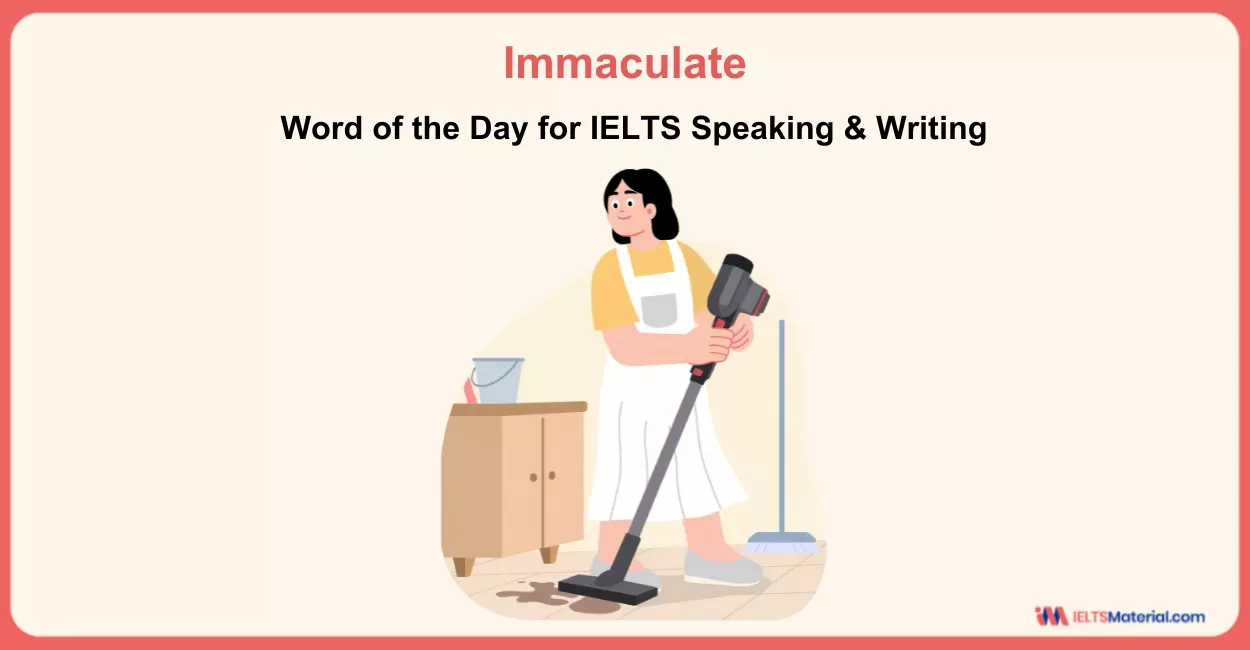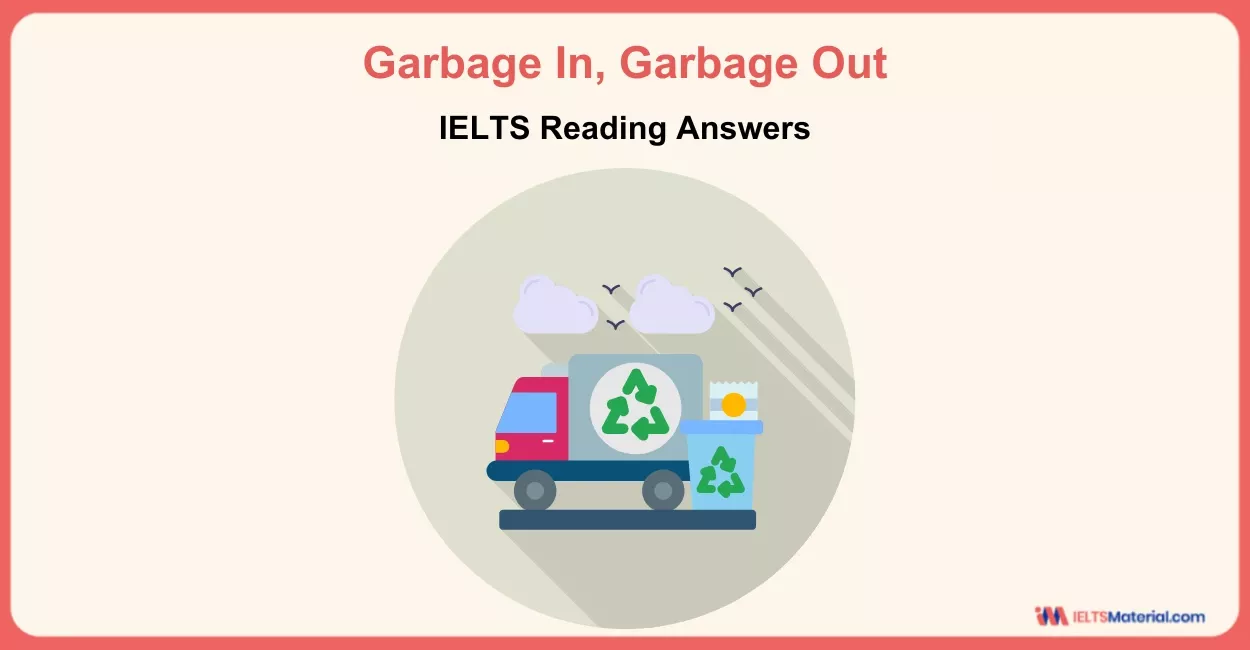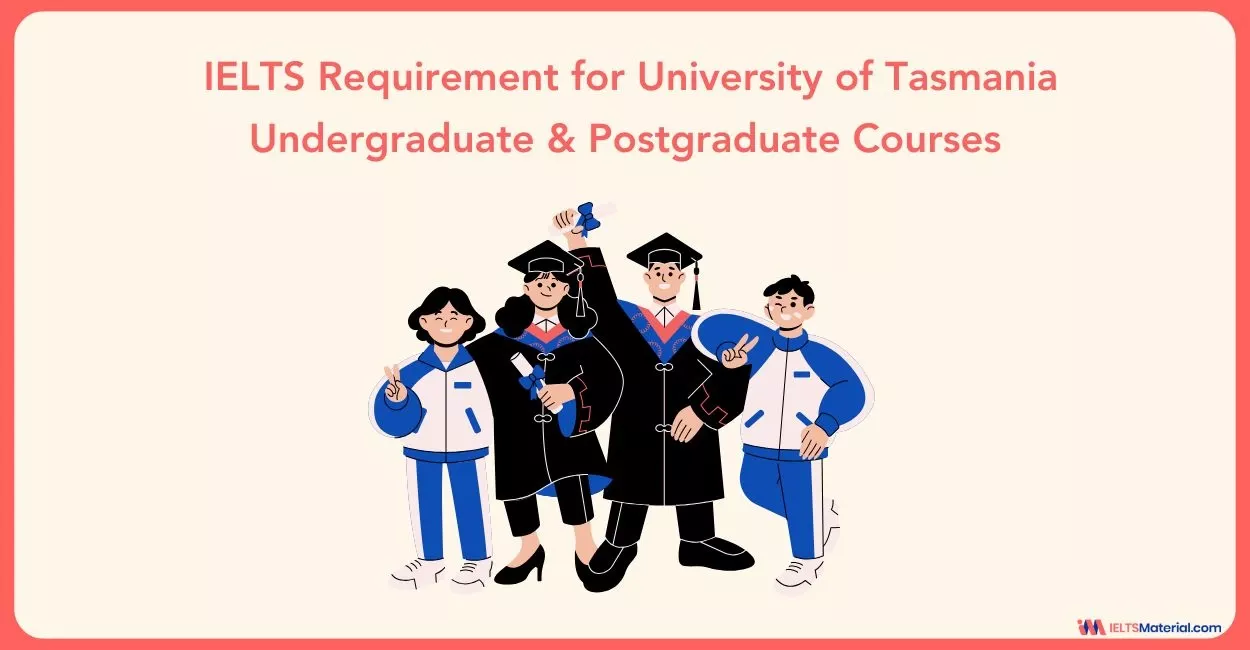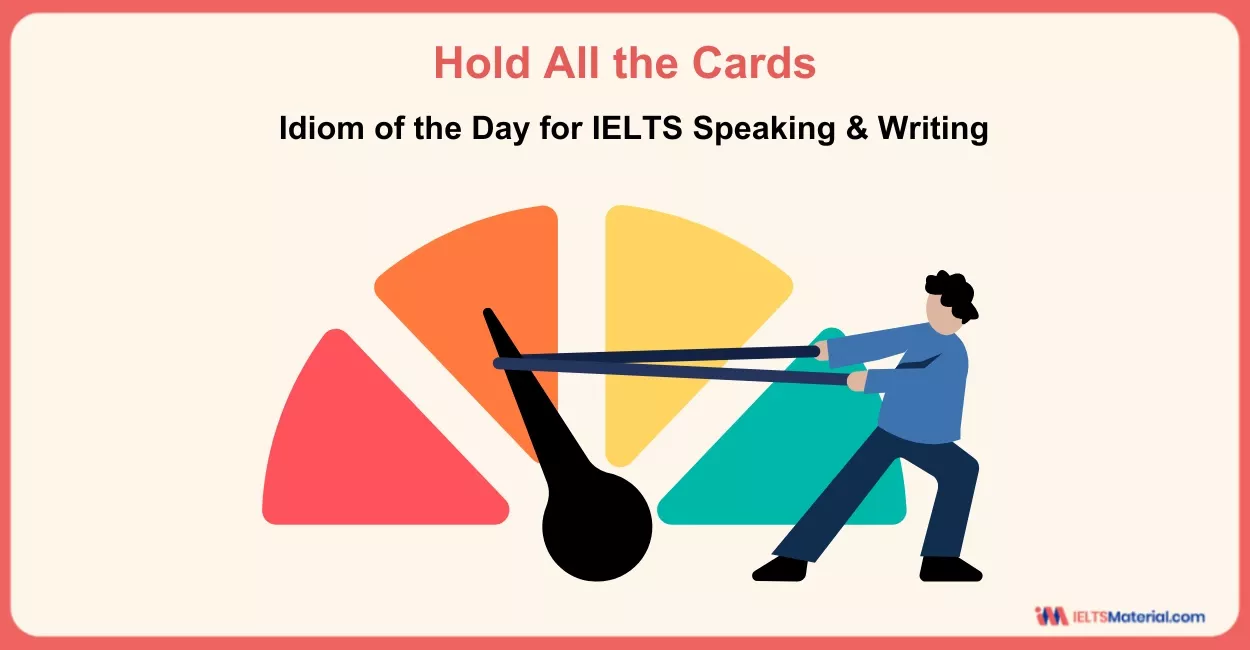IELTS Exam Eligibility Criteria: Age Limit, Qualification & Score
7 min read
Updated On
-
Copy link
Although there are no strict IELTS eligibility criteria, it is important to know the basic requirements for the exam. Read this article carefully to know all the detailed requirements for taking the IELTS exam and start preparing for it!
Table of Contents
- IELTS Exam Eligibility Criteria: Who Can Take the IELTS Exam?
- IELTS Exam Eligibility Criteria: Age Limit for IELTS
- IELTS Exam Eligibility Criteria: Educational Qualification
- IELTS Exam Types and Their Specific Eligibility
- IELTS Exam Eligibility Criteria: Score
- Documents Required to Appear for IELTS
- Country-Specific Eligibility Considerations
- IELTS Exam Requirements for Special Needs

Limited-Time Offer : Access a FREE 10-Day IELTS Study Plan!
IELTS is one of the most popular English proficiency tests for academic, professional, and immigration purposes. So, if you are planning to study, work, or migrate to countries like the UK, Canada, Australia, or New Zealand, taking the IELTS exam could be your gateway. But before booking your test, it is important to know whether you meet the IELTS exam eligibility criteria. Although there are no strict IELTS eligibility requirements, the applicants must be at least 16 years old as per the criteria set forward by IDP.
In this blog, we break down all the eligibility requirements in detail for easy understanding before applying for the exam in 2025.
IELTS Exam Eligibility Criteria: Who Can Take the IELTS Exam?
One of the major advantages of the IELTS exam is its open eligibility policy. In other words, unlike many other standardized tests, IELTS does not impose strict restrictions.
The table below presents the basic information about the IELTS eligibility criteria, along with some details.
|
Criteria |
Description |
|---|---|
|
Age Limit |
Recommended for candidates 16 years and older. |
|
Nationality |
Open to all nationalities. |
|
Educational Qualification |
No minimum education level required. Suitable for school, college, and professional levels. |
|
Attempts Allowed |
Unlimited (you can take the test as many times as you like). |
Boost Your IELTS Score!
Join Our Free IELTS Webinar to Master All 4 Modules and Improve Your Skills!
IELTS Exam Eligibility Criteria: Age Limit for IELTS
There is no official upper age limit for taking the IELTS. However, the test is not recommended for candidates under the age of 16, though they may still appear for it with parental consent.
As a test-taker, you will find the application form has a section where you need to mention your age. The only options available in this section are all above 16 years.
|
Age Group |
Eligibility |
|---|---|
|
Below 16 years |
Not recommended (can apply with special consent) |
|
16 years and above |
Fully eligible to take the test |
IELTS Exam Eligibility Criteria: Educational Qualification
There are no formal educational qualifications required to register for the IELTS exam. It is open to all individuals, regardless of their academic background. However, since the test evaluates your proficiency in English across four key areas—Listening, Reading, Writing, and Speaking—a strong grasp of the language is essential to achieve a competitive score.
While you don’t need any specific degree or diploma to sit for the IELTS, it’s important to understand that:
- Your IELTS score alone is not the sole criteria for admission into universities or selection by employers.
- Educational institutions abroad often have additional admission requirements such as academic transcripts, recommendation letters, personal statements, or standardized test scores.
- Professional bodies and employers may also assess your work experience, qualifications, or specific skills in addition to your English proficiency.
To improve your chances of success, you may consider some of the best IELTS online coaching platforms for Indian students for dedicated IELTS preparation or coaching, especially if you are aiming for a high band score.
IELTS Exam Types and Their Specific Eligibility
IELTS offers two primary formats, depending on your purpose for taking the test - IELTS Academic and IELTS General Training.
IELTS Academic
IELTS Academic is for those who want to pursue higher education or professional registration in an English-speaking environment. Check out the table below to know some more details about the IELTS Academic eligibility criteria.
|
Eligibility Criteria |
Description |
|---|---|
|
Intended Purpose |
University admission, professional certification |
|
Education Requirement |
Usually for candidates who have completed secondary education or higher |
|
Institutions Accepted By |
Universities, colleges, and professional bodies worldwide |
IELTS General Training
IELTS General Training is suitable for those aiming to migrate, study at a secondary level, or gain work experience in an English-speaking country. Find out more about IELTS General eligibility criteria in the table below.
|
Eligibility Criteria |
Description |
|---|---|
|
Intended Purpose |
Immigration, secondary school admission, employment |
|
Education Requirement |
No specific education level required |
|
Institutions Accepted By |
Government agencies, employers, immigration authorities |
Ready to ace the IELTS exam? Let us help you boost your skills now!
IELTS Exam Eligibility Criteria: Score
There is no single IELTS score criterion. Instead, every university has its own unique prerequisites for admission. These requirements fluctuate from organization to organization and can change depending on where you plan to study, work, or relocate. However, knowing the general IELTS score requirements will help you prepare a better plan for the top score.
In the table below, we have provided the information about IELTS score requirements for academic admission, immigration, and professional licensing/employment.
|
Category |
Purpose / Field |
Test Version |
Typical Minimum IELTS Score |
|---|---|---|---|
|
Academic Institutions |
Undergraduate Studies |
IELTS Academic |
6.0 – 6.5 overall (no band below 5.5–6.0) |
|
Postgraduate (Masters) |
IELTS Academic |
6.5 – 7.0 overall (no band below 6.0–6.5) |
|
|
Doctoral (PhD) |
IELTS Academic |
7.0+ overall (varies by university/discipline) |
|
|
Immigration / Residency |
Canada – Express Entry |
IELTS General Training |
CLB 7 (equivalent to 6.0 in each skill) |
|
Australia – Various Visas |
IELTS Academic or General |
Minimum 6.0 in each component (varies by visa type) |
|
|
UK – Immigration / Visa |
IELTS for UKVI |
4.0 – 7.0 (based on visa type) |
|
|
New Zealand – Skilled Migration |
IELTS General or Academic |
Overall 6.5 (some visas may accept lower) |
|
|
Professional Licensing / Jobs |
Healthcare (Nursing, Medicine) |
IELTS Academic or UKVI |
7.0 – 7.5 (often with 7.0 in each section) |
|
Teaching / Lecturing |
IELTS Academic |
7.0 – 8.0 overall |
|
|
Engineering / IT |
IELTS Academic |
6.0 – 7.0 (depending on role and country) |
|
|
Hospitality / Customer Service |
IELTS General Training |
5.5 – 6.5 overall |
Aiming for the highest band scores will increase your chances of being admitted to the university or profession of your choice. However, always check the exact score requirements with the institution, authority, or employer, as these may vary depending on the country, course, or profession.
Prepare for IELTS with the Best!
Explore Our Top IELTS Online Courses and Enroll in Online Classes Today!
Documents Required to Appear for IELTS
While there is no formal educational qualification needed to take the IELTS exam, valid identity documentation is mandatory for registration and test-day entry. The documentation requirements may vary slightly depending on the country where the test is being taken, but in most cases, the passport is the standard and accepted form of identification.
Here is a detailed table explaining the acceptable documents:
|
Required Document |
Description |
|---|---|
|
Passport (most common) |
|
|
National ID (in some countries) |
|
Pointers Related to Documents Related to IELTS Eligibility Criteria
Go through some of the important considerations related to documentation related to IELTS exam eligibility criteria to avoid last minute hassles.
- The ID used during registration must be presented in original (not photocopy) on the test day.
- If the document is expired, damaged, or does not match the registered details, candidates will not be allowed to take the test and no refund will be issued.
- For candidates under 18 years, parental or guardian consent may also be required.
- If you are unsure which document is accepted in your country, it is best to contact your test center directly or check the official IELTS website of your region for the latest and specific guidance.
Country-Specific Eligibility Considerations
More than 11,500 organizations in over 140 countries accept IELTS band score for education, employment, and immigration. Australia, Canada, the United Kingdom, the United States, New Zealand, Ireland, and France are among the countries that accept IELTS.
While IELTS eligibility is broadly uniform, certain countries may have additional conditions depending on visa or institutional requirements. They are:
|
Country |
Specific Requirement |
|---|---|
|
UK (via IELTS for UKVI) |
Must take a UKVI-approved IELTS test for certain visa categories |
|
Canada |
IELTS General Training is required for PR through Express Entry |
|
Australia |
IELTS (Academic or General) is accepted for work/study/migration |
|
USA |
Academic IELTS is accepted by many universities and colleges |
IELTS Exam Requirements for Special Needs
IELTS test centers are committed to creating an inclusive environment where every candidate has a fair opportunity to demonstrate their English language abilities. If you have special requirements due to a disability, medical condition, or other circumstances, IELTS provides a range of accommodations to support you.
Support is available for candidates with:
- Learning difficulties (such as dyslexia)
- Visual or hearing impairments
- Physical or medical conditions
- Needs related to infant feeding
To ensure appropriate arrangements are made, such as extra time, modified test materials, or the use of assistive technology, you must notify your test center at least six weeks in advance of your test date.
In conclusion, the IELTS exam is designed to be accessible and inclusive, allowing people from all walks of life to prove their English proficiency. So, if you meet the simple eligibility criteria above, you're all set to take the IELTS and open new doors to your future!
Useful Links:
- How to Get Band 8 in IELTS Exam: The Ultimate Guide
- IELTS Test Dates 2025 India: Month-wise IELTS Exam Calendar
- Top 15 Universities in Canada Accepting IELTS Score 6
- Top 15 Universities in Australia Accepting IELTS Score 6
- Top 15 Universities in UK Which Accepts IELTS Score 6
- Top 15 Universities in Canada which accepts IELTS Score for MBA
- Top 20 Universities in Australia which accepts IELTS Score for MBA
- Top 20 Universities in UK which accepts IELTS Score for MBA
Frequently Asked Questions
What is the minimum age requirement for taking the IELTS exam?
Are there any other eligibility criteria, besides the age limit?
What is the minimum qualification required for the IELTS?
Can I get a scholarship through my IELTS score?
Are there any university-specific eligibility criteria to appear in IELTS?
Learn everything about IELTS

Start Preparing for IELTS: Get Your 10-Day Study Plan Today!
Explore other IELTS Articles

Haniya Yashfeen

Haniya Yashfeen

Nehasri Ravishenbagam
Recent Articles

Kasturika Samanta








Post your Comments